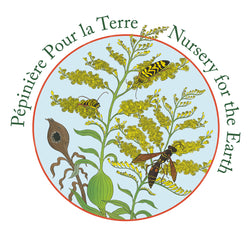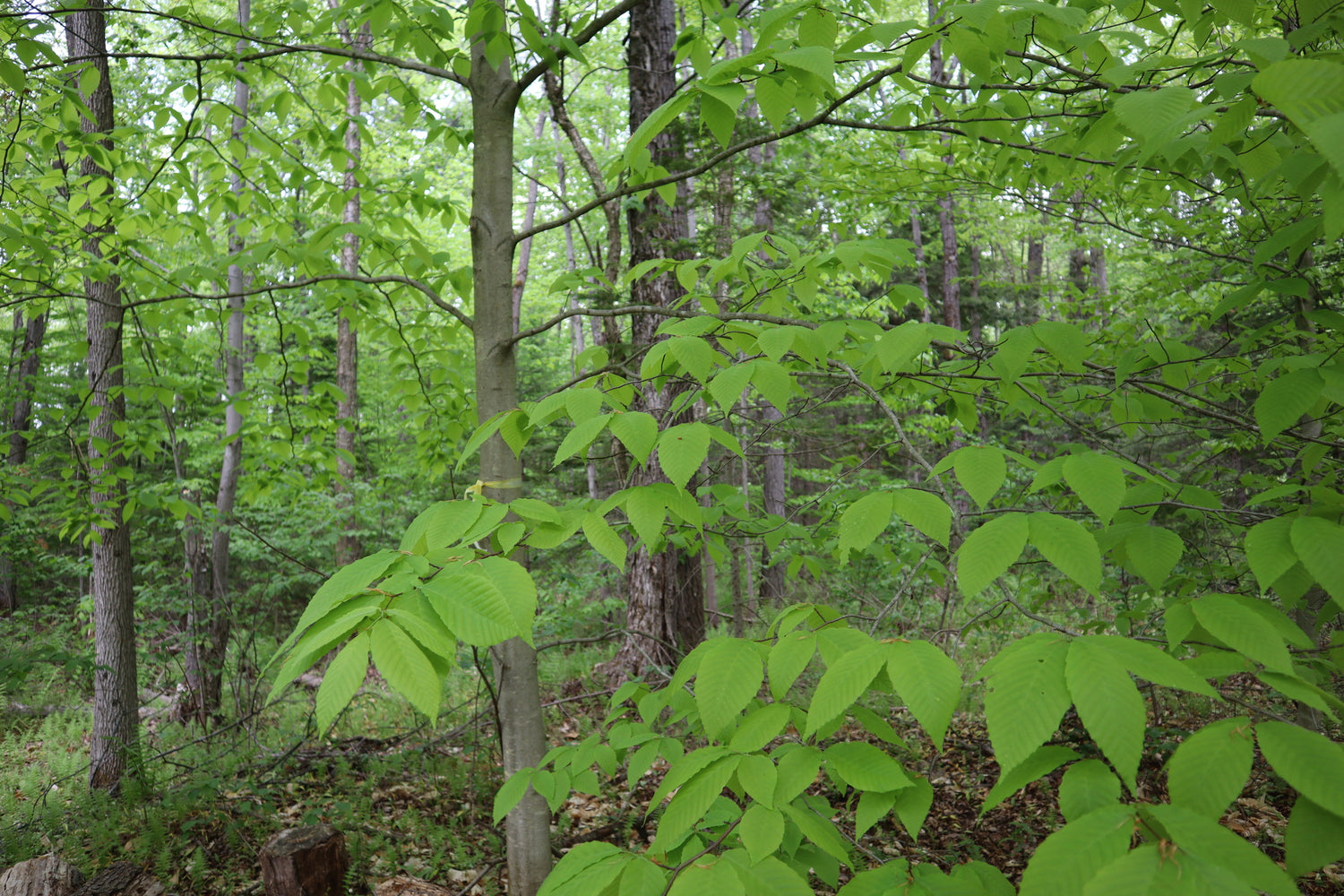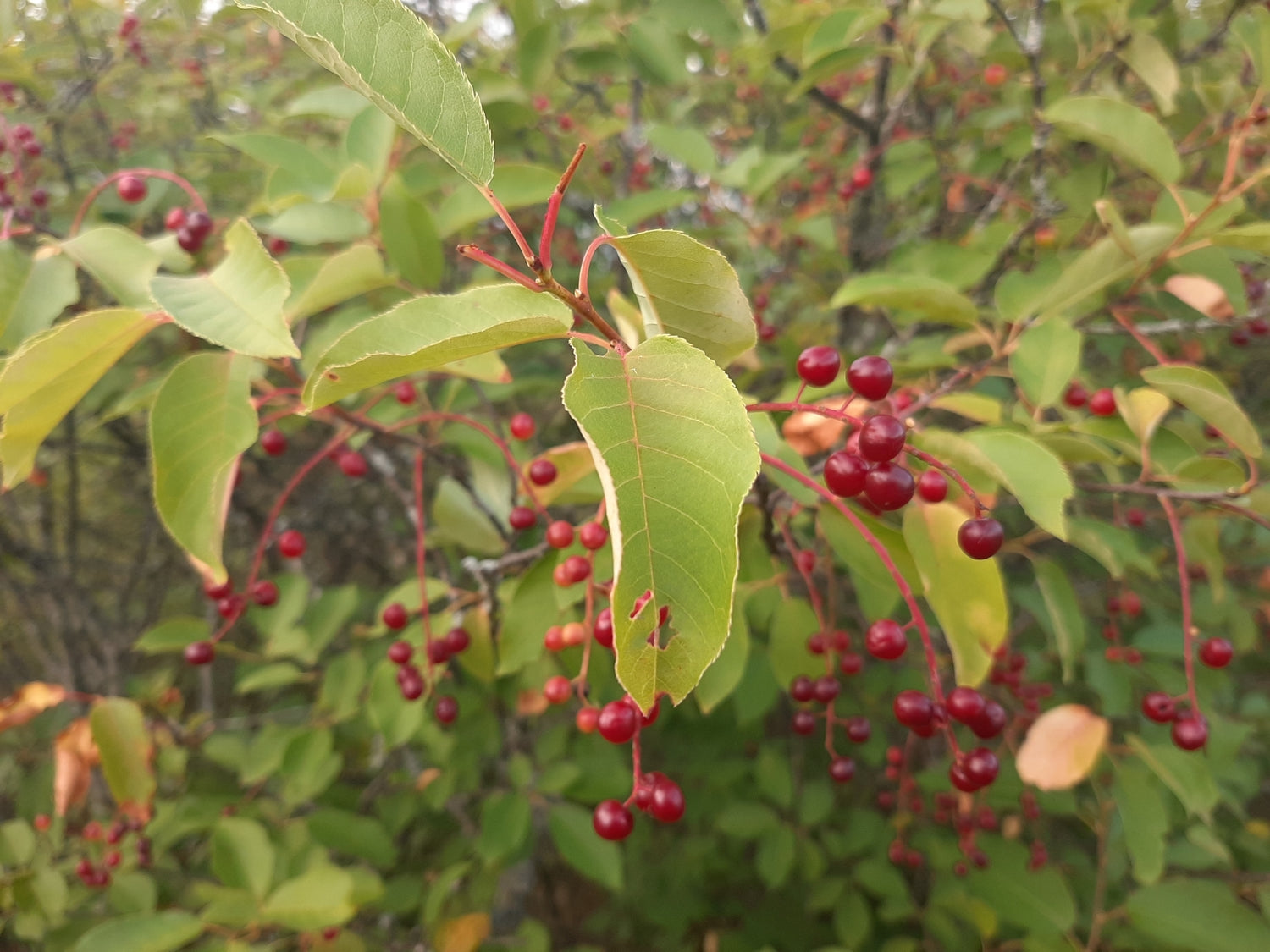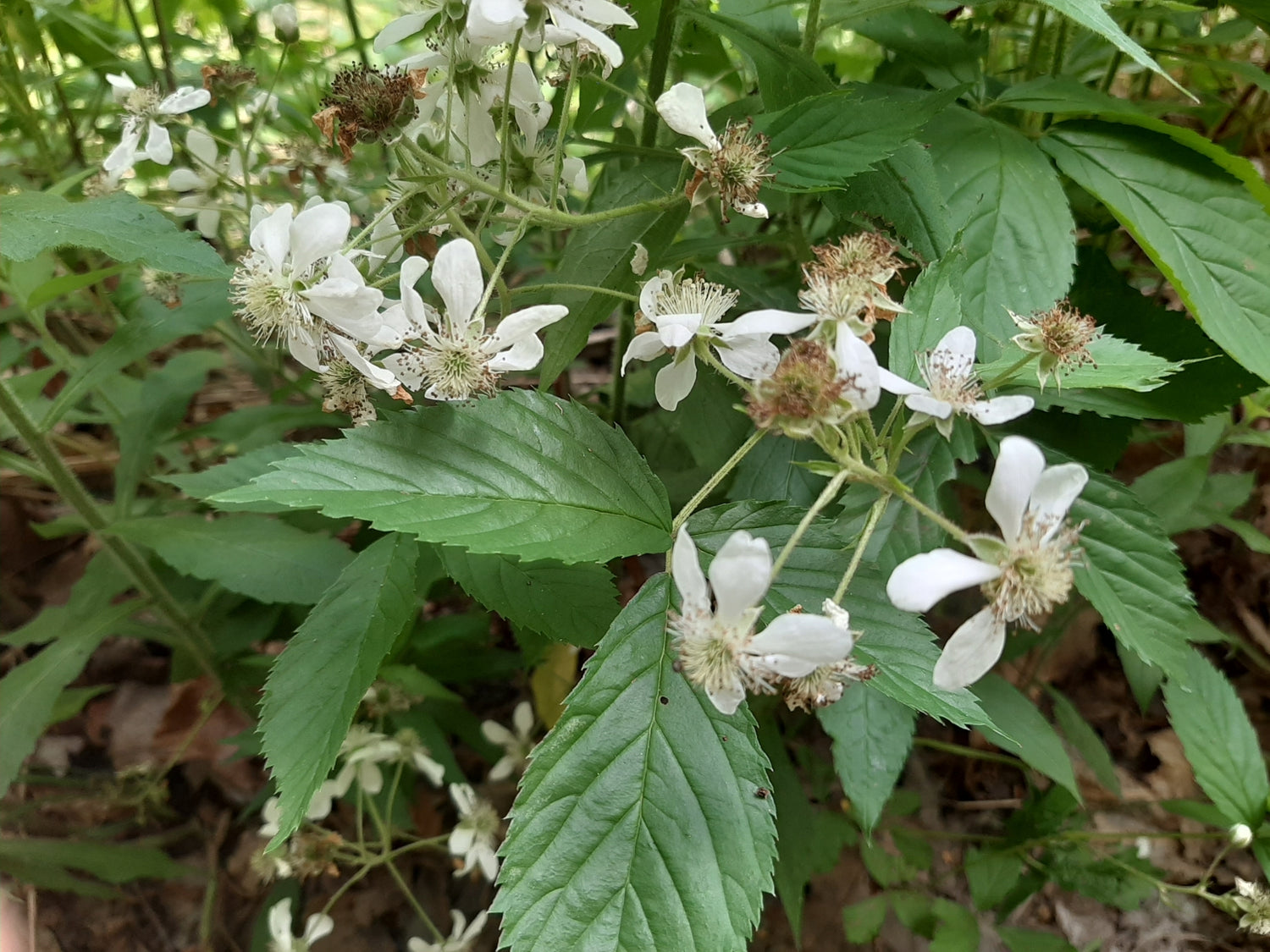Nursery for the Earth
Picea glauca (Fr: épinette blanche | En: white spruce)
Couldn't load pickup availability
White Spruce
Picea glauca
Alternative names: Canada Spruce, Cat Spruce
French: Épinette blanche
White Spruce is our most common native spruce and a defining species of the boreal forest. It is also the most northerly tree in North America, with individual trees recorded well into the Arctic. In our region, we are near the southern edge of its natural range—meaning this species could become less common here as the climate warms.
It is a hardy and adaptable conifer, tolerating a wide range of soils and growing conditions, and also relatively shade tolerant, making it a good choice for reforestation and naturalization projects. It’s an ideal native alternative to introduced ornamental species like Blue Spruce (Picea pungens) or Norway Spruce (Picea abies).
White Spruce is also a culturally and historically valuable tree. The fresh buds, or "spruce tips," have been used to flavour beer as a substitute for hops and are still used to make traditional spruce beer. They can also be pickled or used in syrups and jellies. Its form and pleasing blue-green needle colour make it a choice as a Christmas tree, though not as often used as the balsalm fir.
Height: 15–40 m
Bloom time: Spring (pollen and seed cones)
Light: Shade tolerant
Moisture: Moderate to moist
Soil: Various soil types
Habitat: Boreal forest, riparian zones, cool mixed woodlands
Ecological benefits: Shelter and nesting for birds, seeds for wildlife, hardy native evergreen
Edible: Young spruce tips (in moderation; for tea, pickling, or flavouring)
Share











